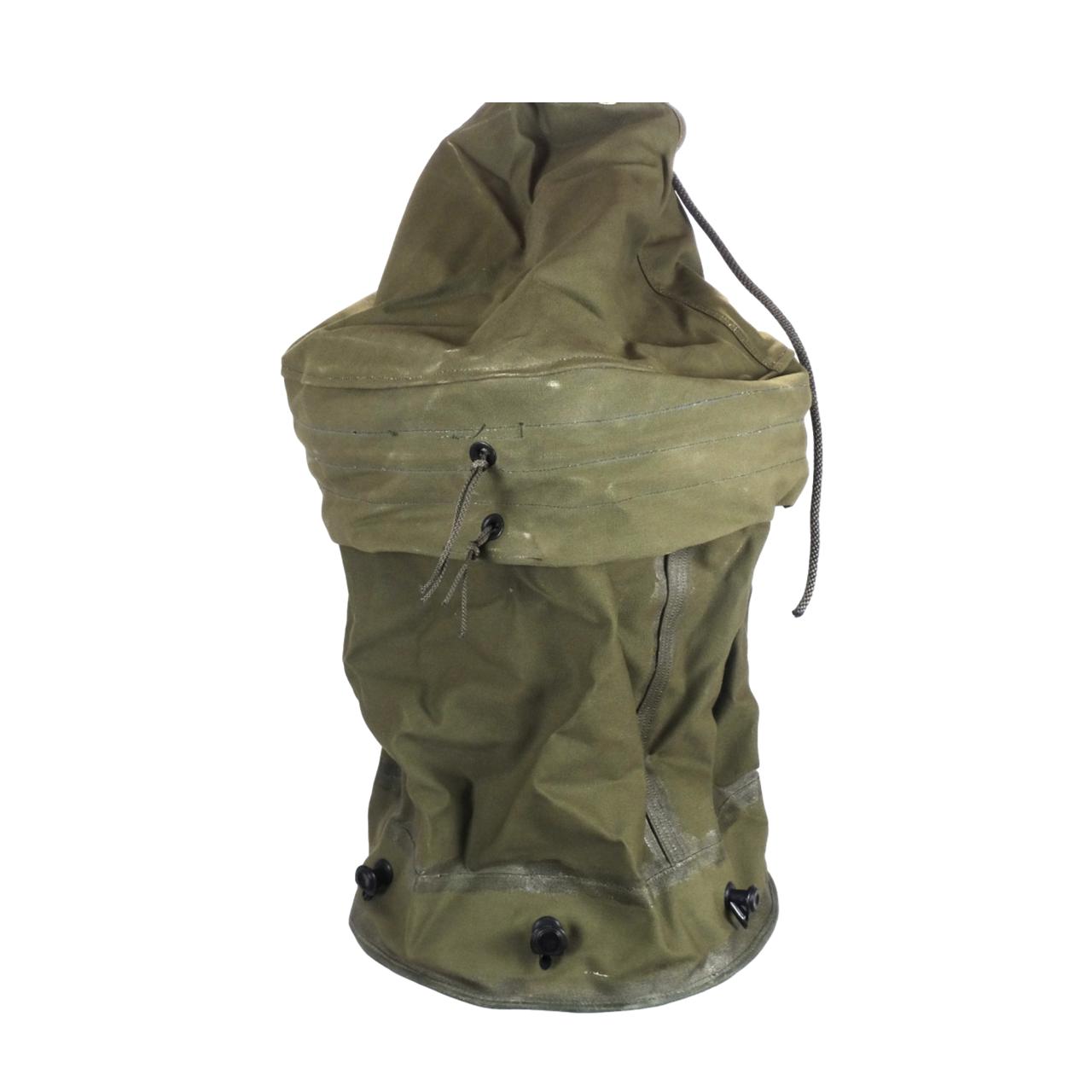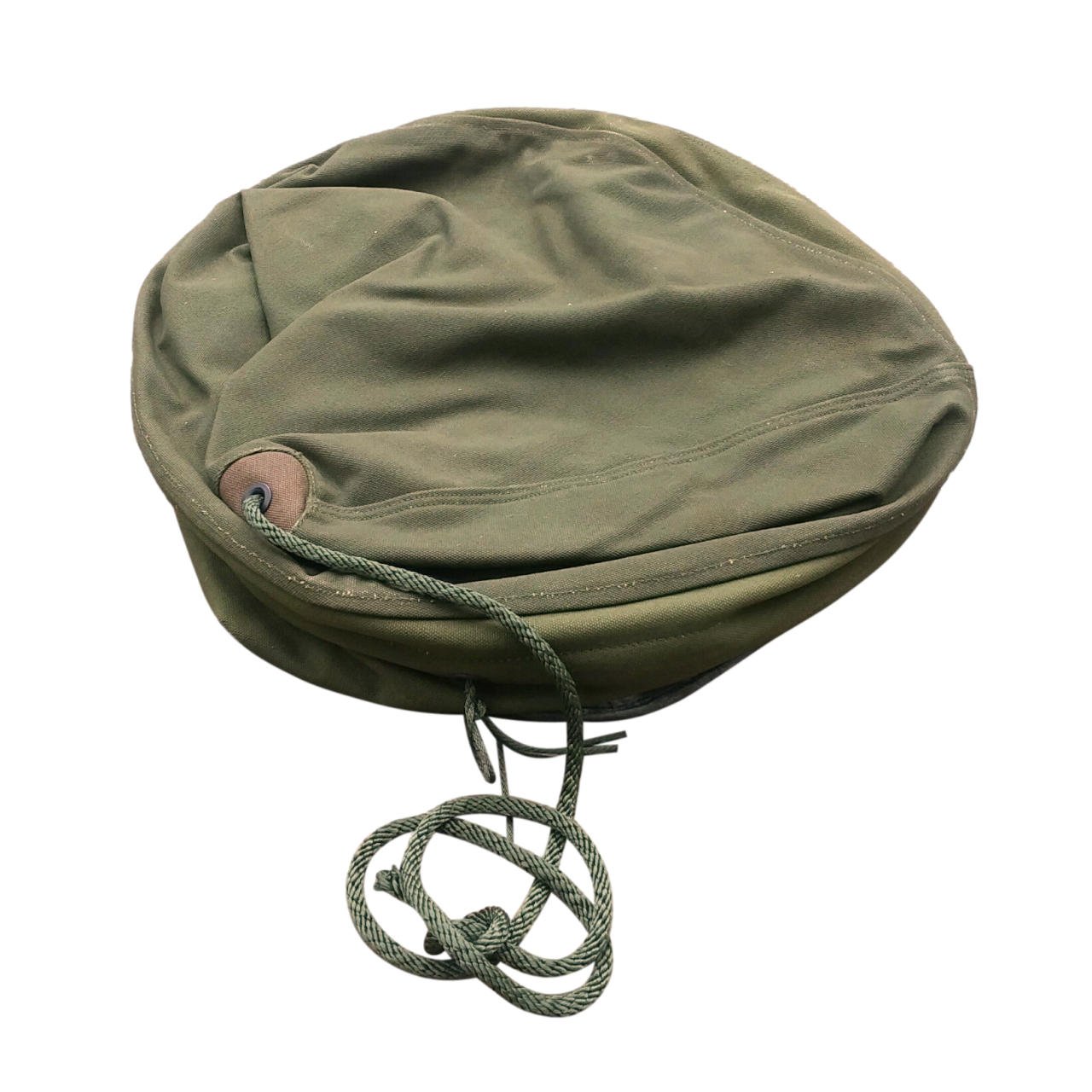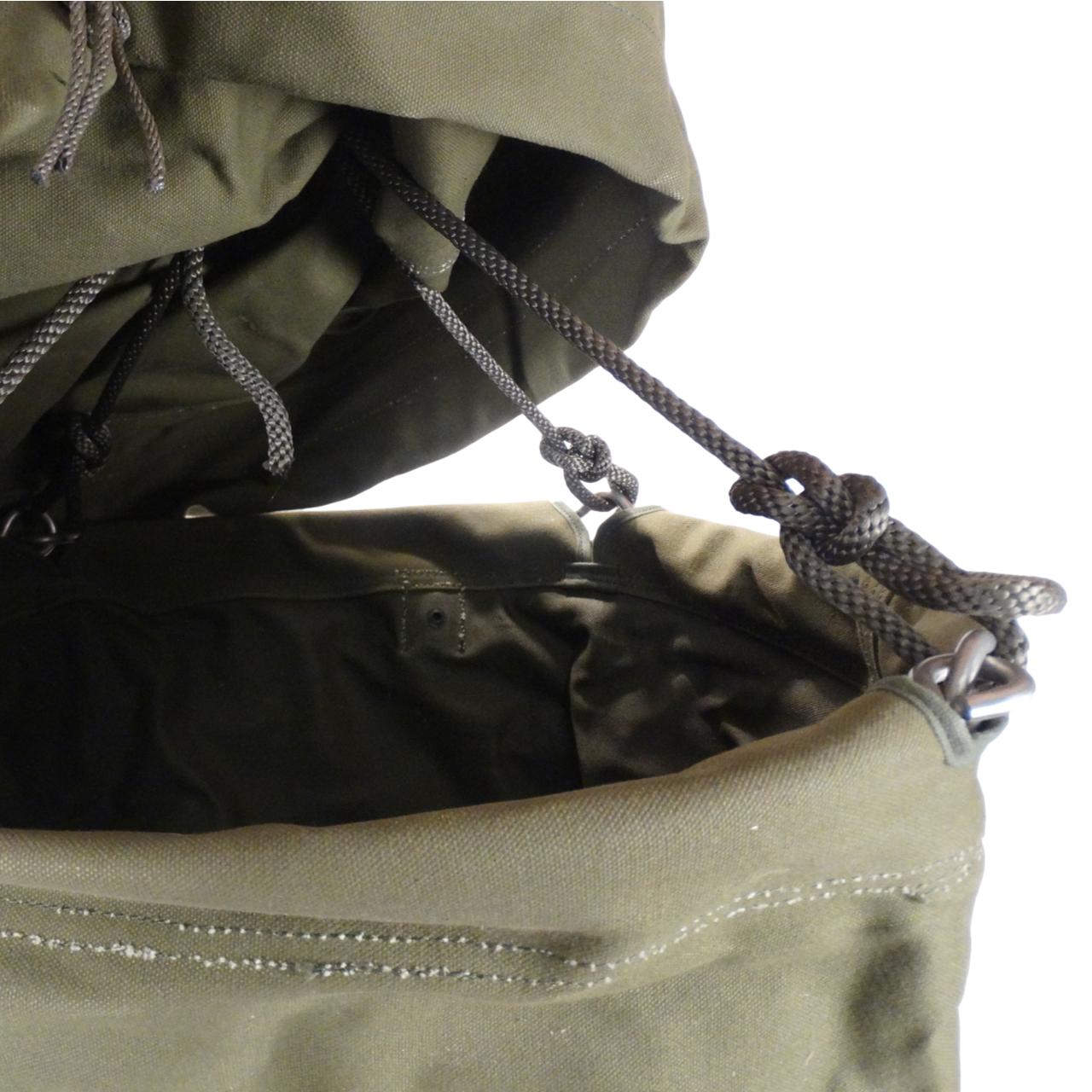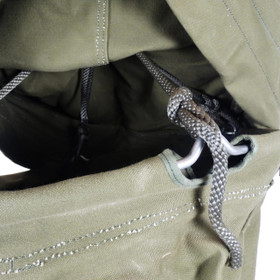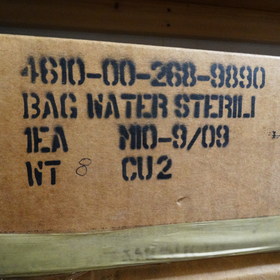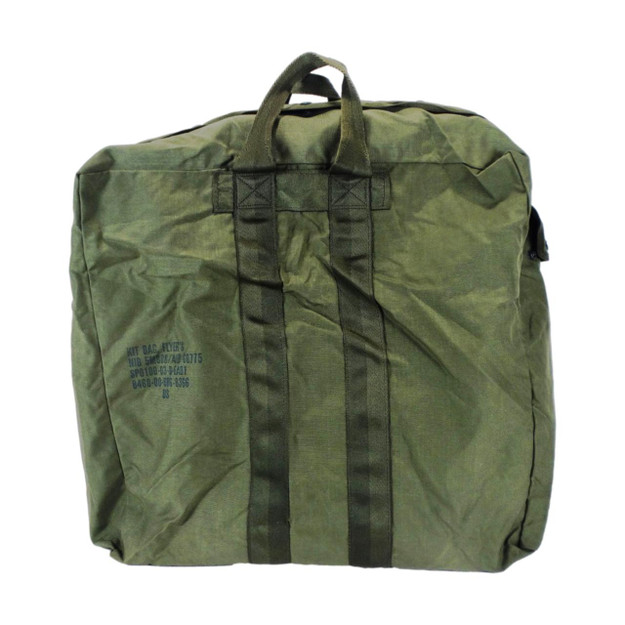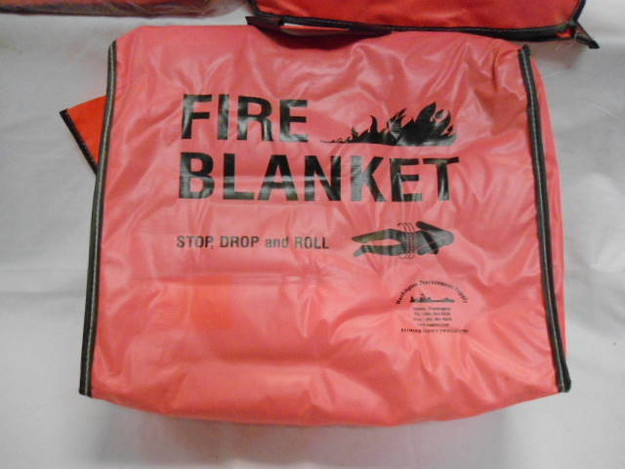Lister bags were designed for sterilizing and holding enough water for up to 100 people in an encampment. They are hung from a sturdy tripod away from possible contamination sources like trees. After filling with water, some leaking will occur until the canvas is saturated enough to swell the fibers shut. Moisture will continue to evaporate through the side walls providing an evaporative cooling effect on the water.
Due to their huge capacity, Lister bags are great for camping and other outdoor events with large groups. They can also be used to disinfect raw water if necessary. Rumor has it that water stored in a Lister bag tends to taste better than water stored in many other kinds of containers — but we can’t confirm that. After use, Lyster bags compress down to 3″ tall for easy carry and storage.
Lister Bag Features
- Material: Heavy-duty cotton duck canvas (olive drab) with sturdy metal rim at top for extra strength and stability
- Seams: Treated so they don’t leak
- Size in Use: 22″ dia. x 36″ tall (not including lid)
- Size Collapsed: 22″ dia. x 3″ tall for easy carry and storage
- Removable Lid: Keeps debris out of water, includes attached rope for hanging bag from tripod
- Dispensing: 6 faucets/taps at bottom of bag
- Support: Hangs from tripod of sturdy poles (not included)
- Capacity: 36 gallons
- Weight: Only 10 lbs when empty and dry; 310 lbs total with 36 gallons of water
How to Use Lyster Bags
- Locate away from anything that could contaminate the water like trees or latrines
- Clean and fill the bag with water to saturate the canvas
- If necessary, sterilize the water with calcium hypochlorite ampules and then test for potability
Note: Please consult an expert in sterilizing raw water and testing potability. - Use water for filling canteens, cooking, medical needs — even showers
History of the Lister Bag
Commonly spelled ‘Lister Bag’, it is traditionally spelled ‘Lyster Bag’. Around 1910, Major William J. L. Lyster of the Army Medical Department developed a solution of calcium hypochlorite in a linen bag to treat water. It is his water treatment that was implemented in encampments from before World War I. The U.S. military canvas bag designed to treat and distribute water was named after him. Lister bags were included in field kitchens until the invention of reverse osmosis systems replaced them after the Vietnam War. However, they are still popular with survivalists and outdoorsmen. Learn more about the history of Lyster bags and instructions for their use.
Genuine U.S. Military Issue Water Sterilizing Bag
NSN: 4610-00-268-9890
-
There are no reviews for this product, to write a review click here.

